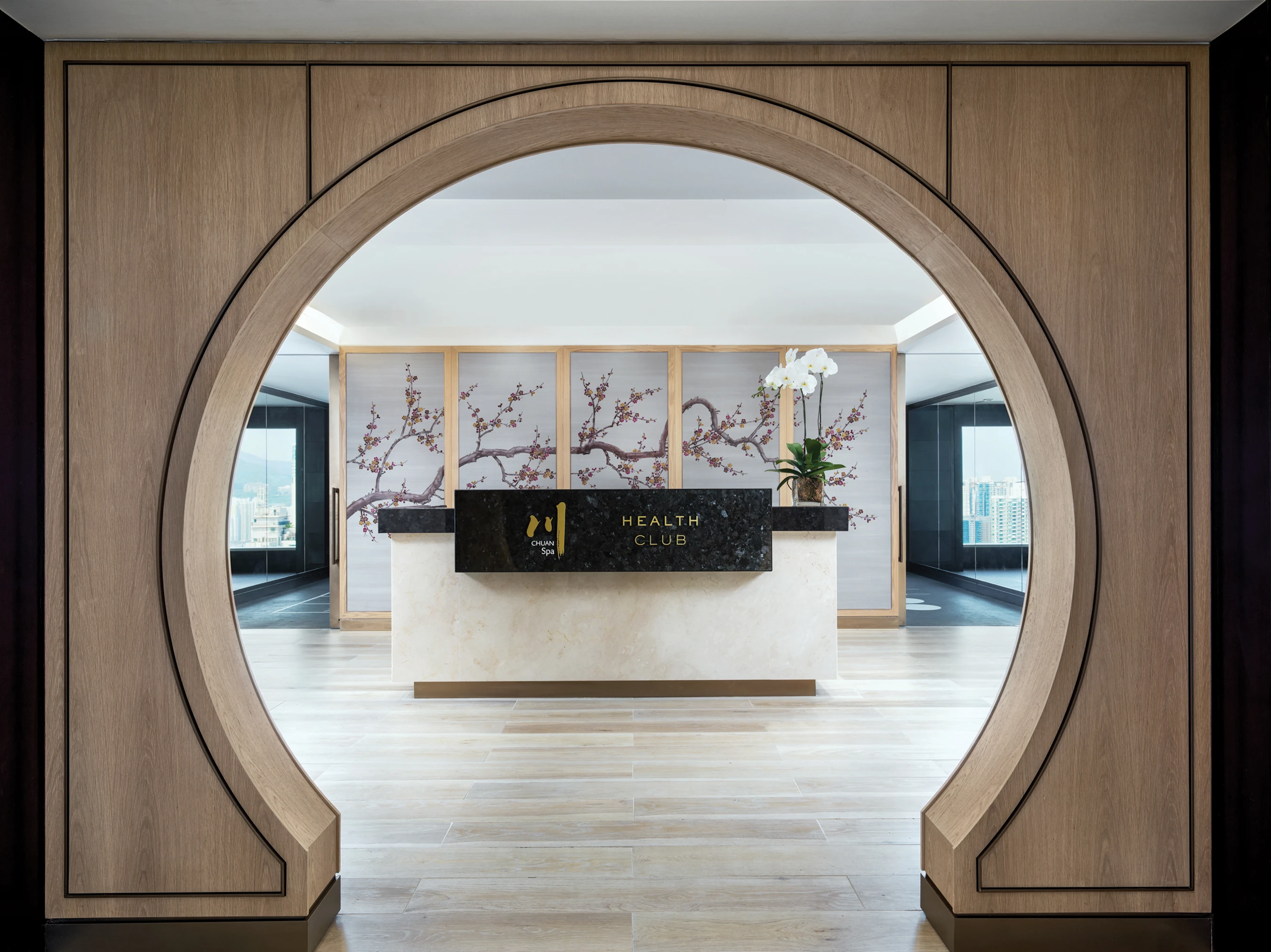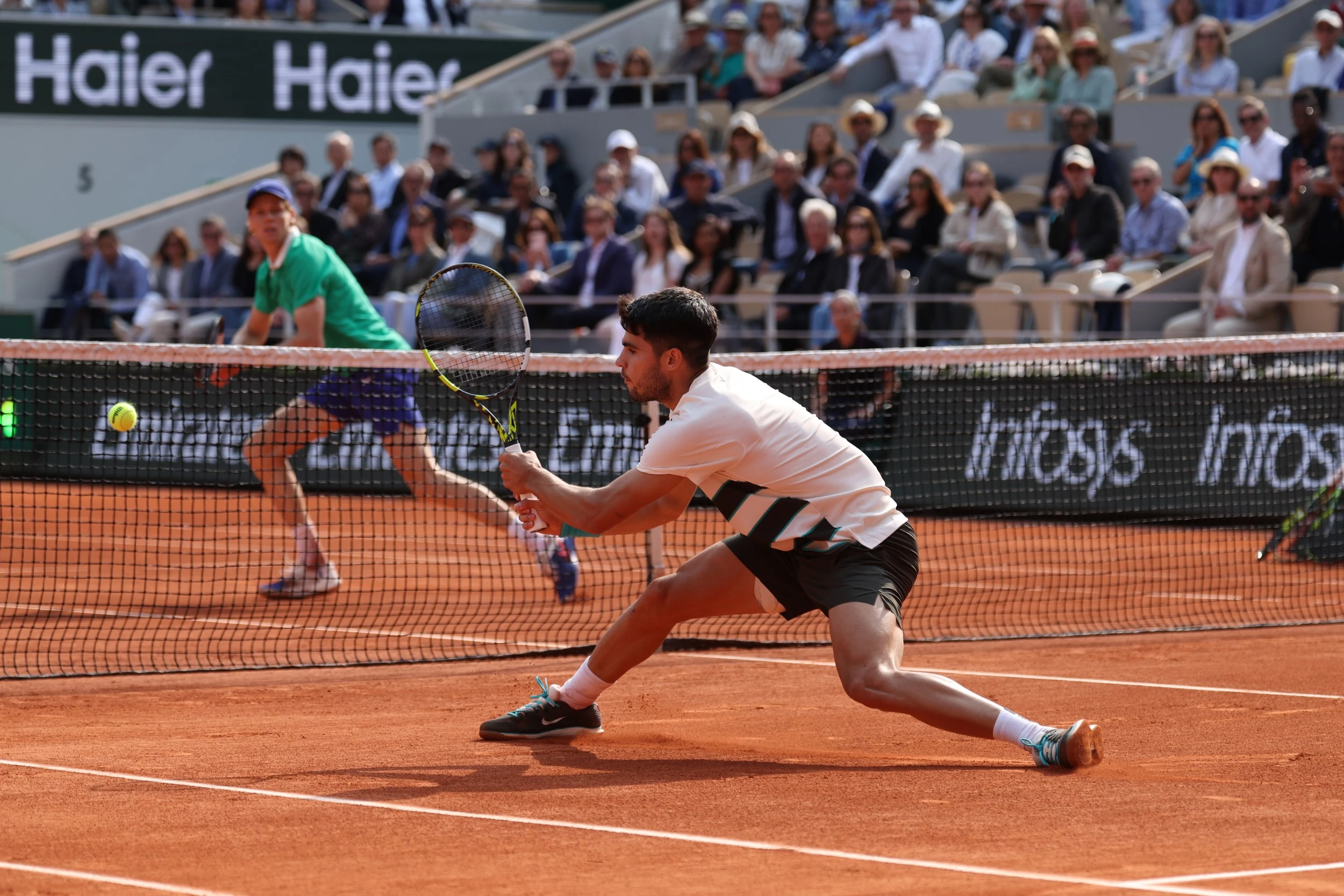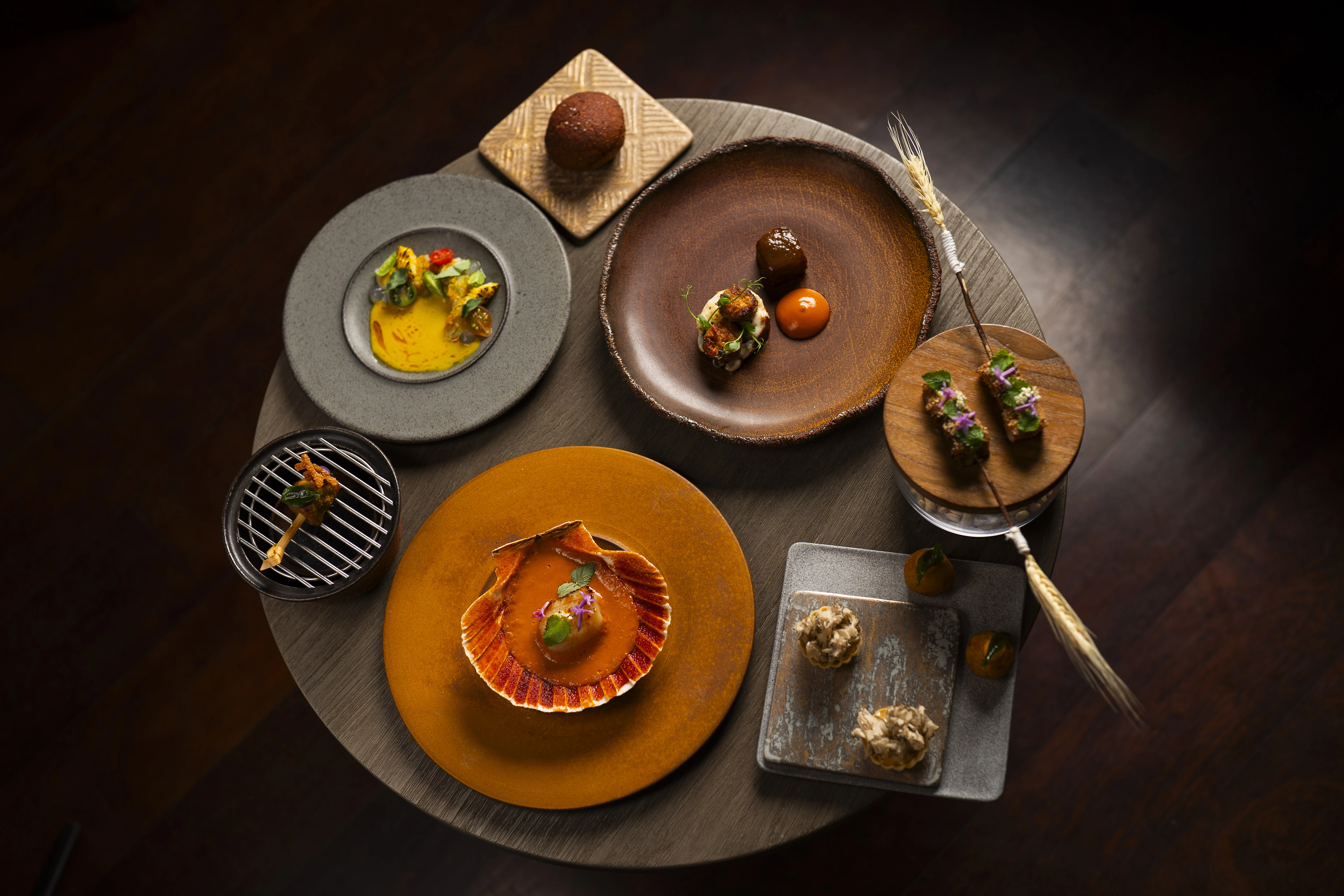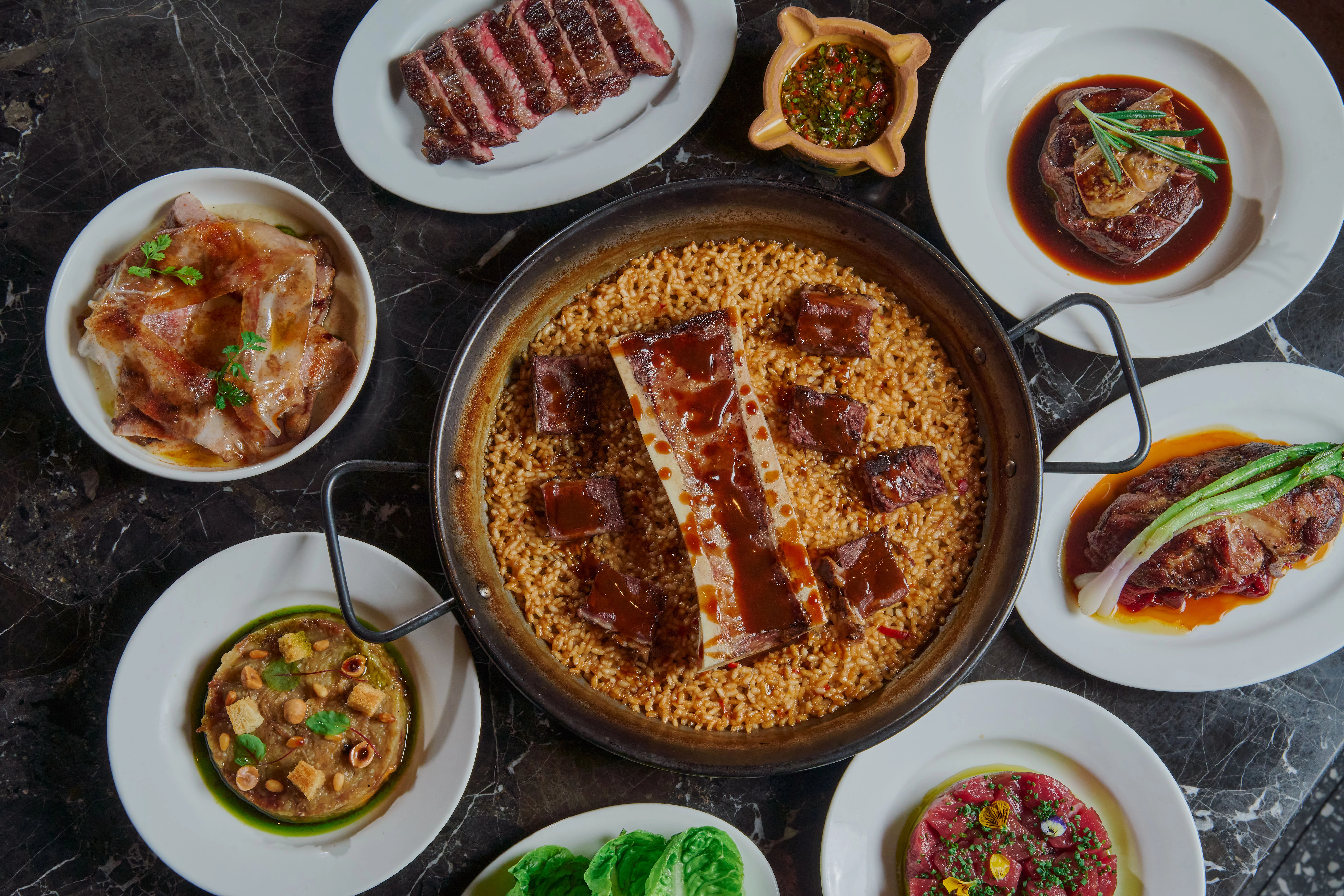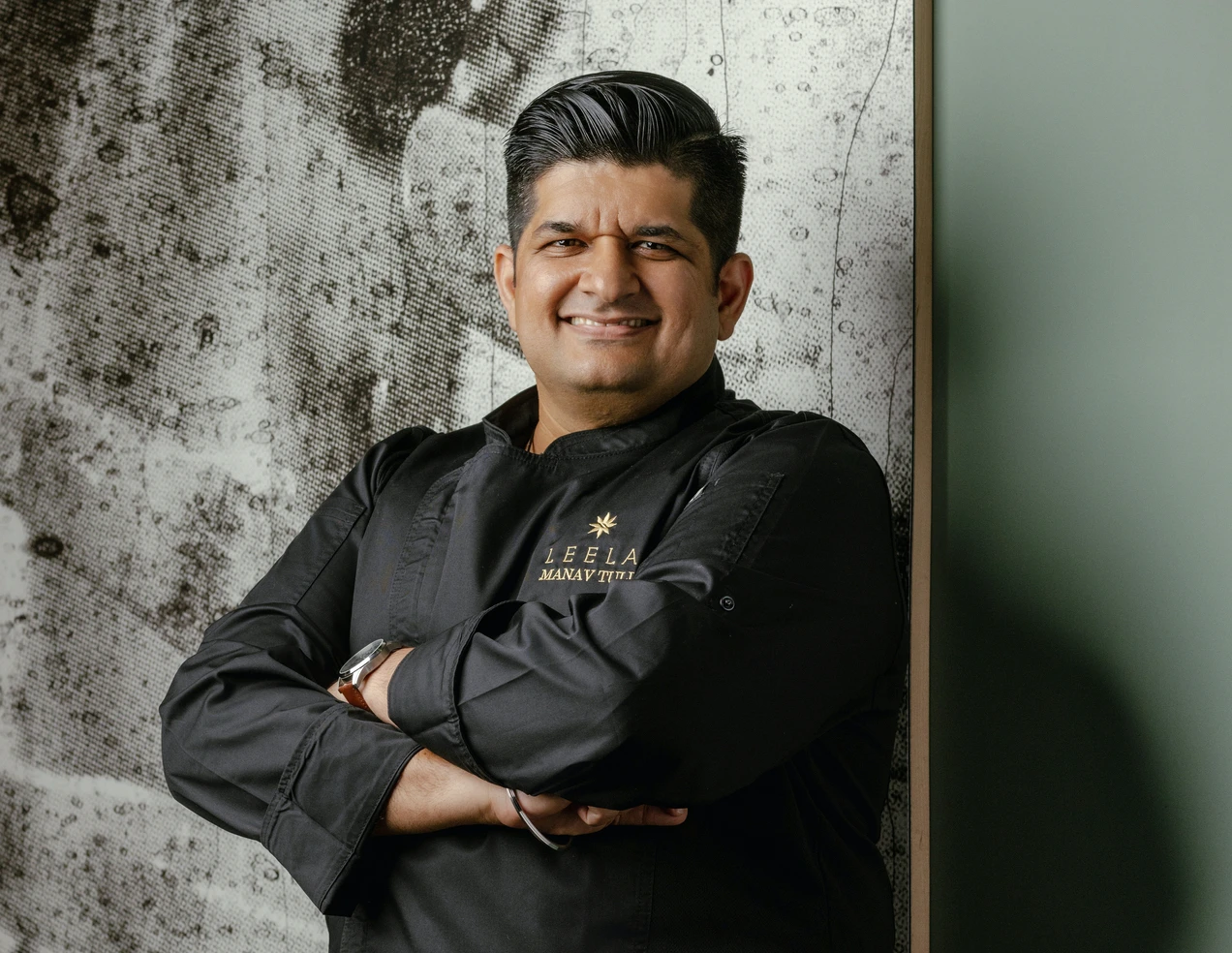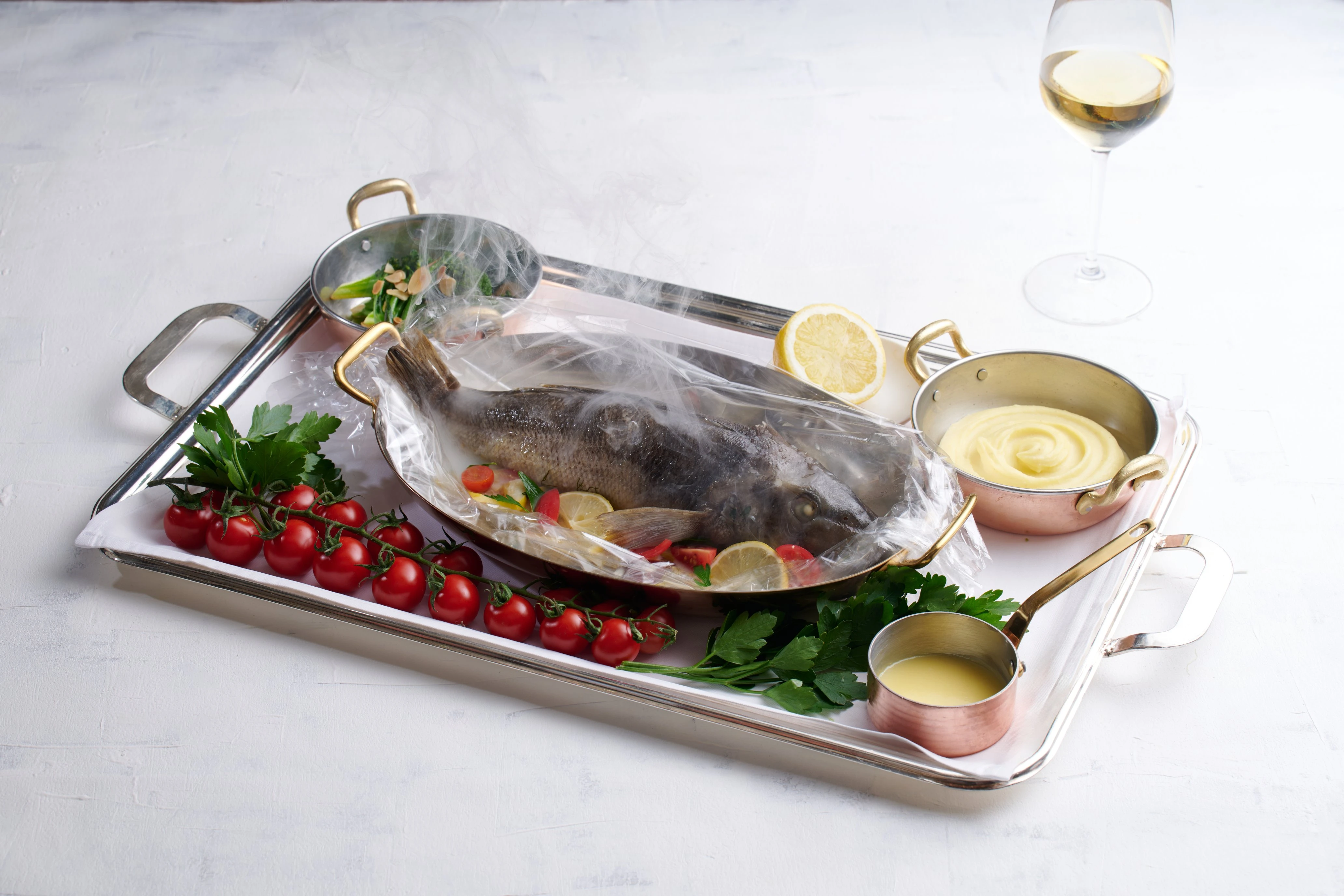#review: Raffles Bali's Rumari serves up a dinner worth flying for
Jun 19, 2025
David Ho heads to Raffles Bali for an exciting culinary collaboration at Rumari restaurant
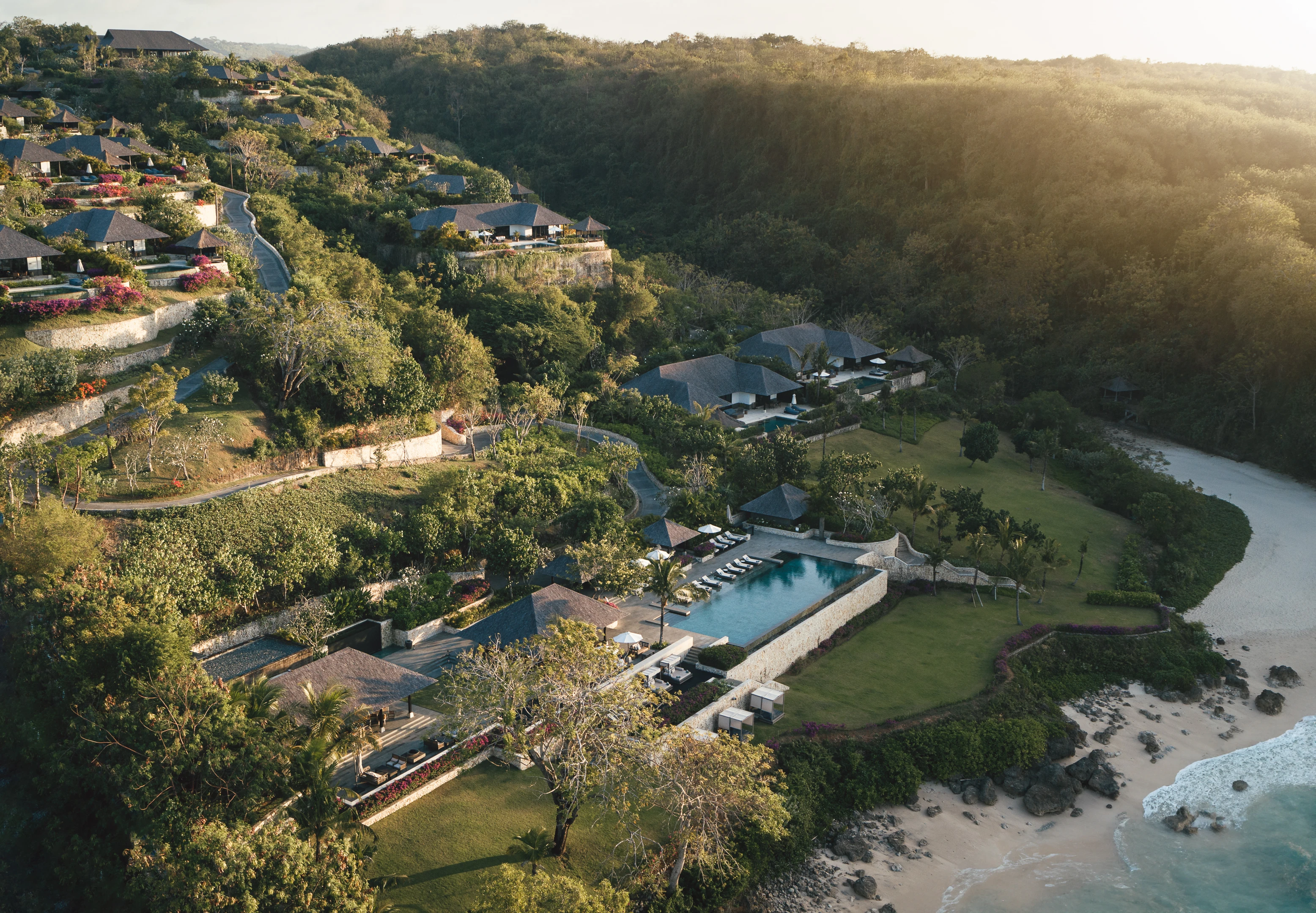
We don’t need too much convincing for us to head to Bali. But Raffles Bali just gave us a delicious draw to the Island of the Gods.
Located in the once sleepy fishing village of Jimbaran in southern Bali, Raffles Bali is one of the many luxury hotels now nestled in the area. With stunning views of Jimbaran Bay, the luxury resort is truly exclusive with only 32 private pool villas on its lush and green grounds of 23 hectares (57 acres). Fortunately, the hotel’s villas and facilities are clustered fairly close together and there are buggy rides aplenty to make it easy to get around.
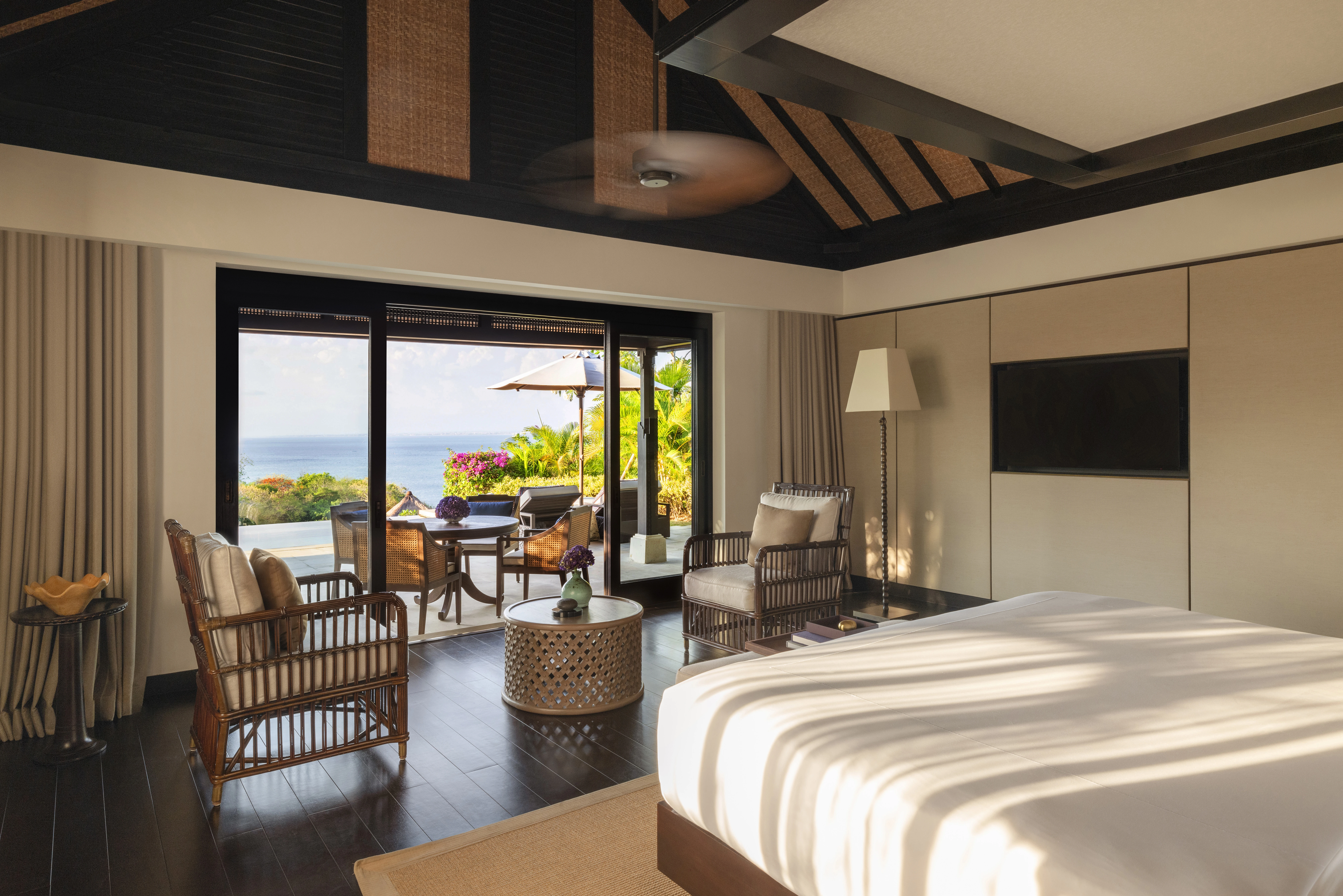
The villas here have all the best features one can expect of a luxury resort here - beautiful Balinese design elements, spacious rooms, a private pool for every roof, and round the clock butler service. No one could argue against spending any amount of time here, happily cocooned in tranquil luxury.
But back to the specific reason we came down. Some of the best culinary talents of Bali and Jakarta were to meet in the kitchen of Raffles Bali’s Rumari restaurant as part of the Rumari and Friends event, a culinary exchange programme between Rumari’s culinary director Gaetan Biesuz and friends that started in 2023. This time, Biesuz collaboration partner of choice is chef Aditya Muskita of Esa restaurant, a rising star in Jakarta’s dining scene.
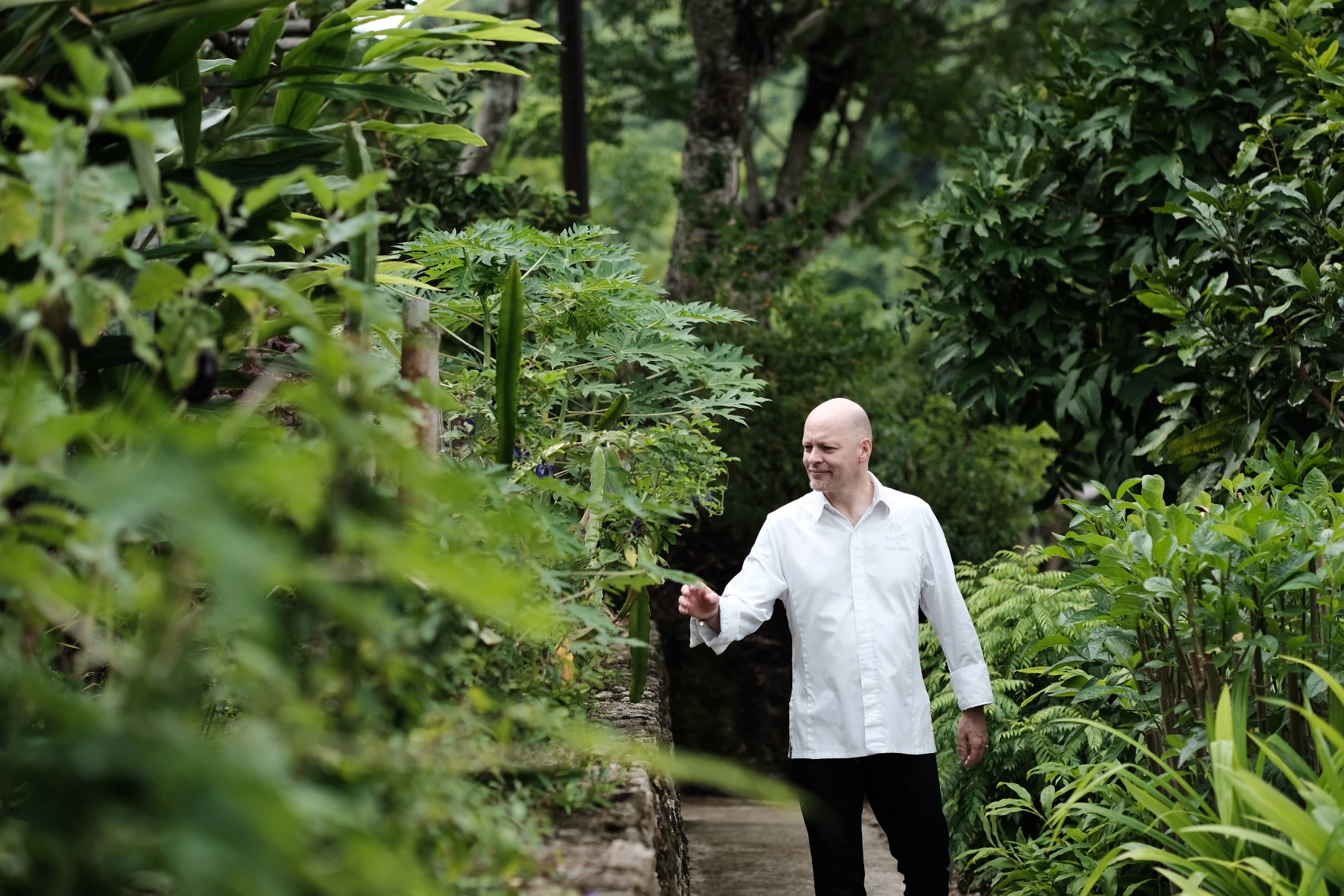
Before this four-hands dinner, we made sure to go for some sundowners at Raffles Bali’s Writers Bar, which serves up a Bali Sling to differentiate itself from their Singapore counterpart. We then move to the restaurant, which is connected to the bar just a few steps away.
Now, Rumari’s name is derived from the Indonesian words rumah (house), purnama (full moon), and matahari (sun). Once there, one can easily see why it draws from those words as Rumari’s lofty perch and its panoramic views of the horizon makes it feel like it is truly settled between sun and moon. The home part of course, comes from the vibes that the charismatic Biesuz and his team have established. Rumari is also the site where breakfast takes place for guests of Raffles Bali, where one orders off the a la carte menu for made to order servings, instead of the typical buffet style spreads.
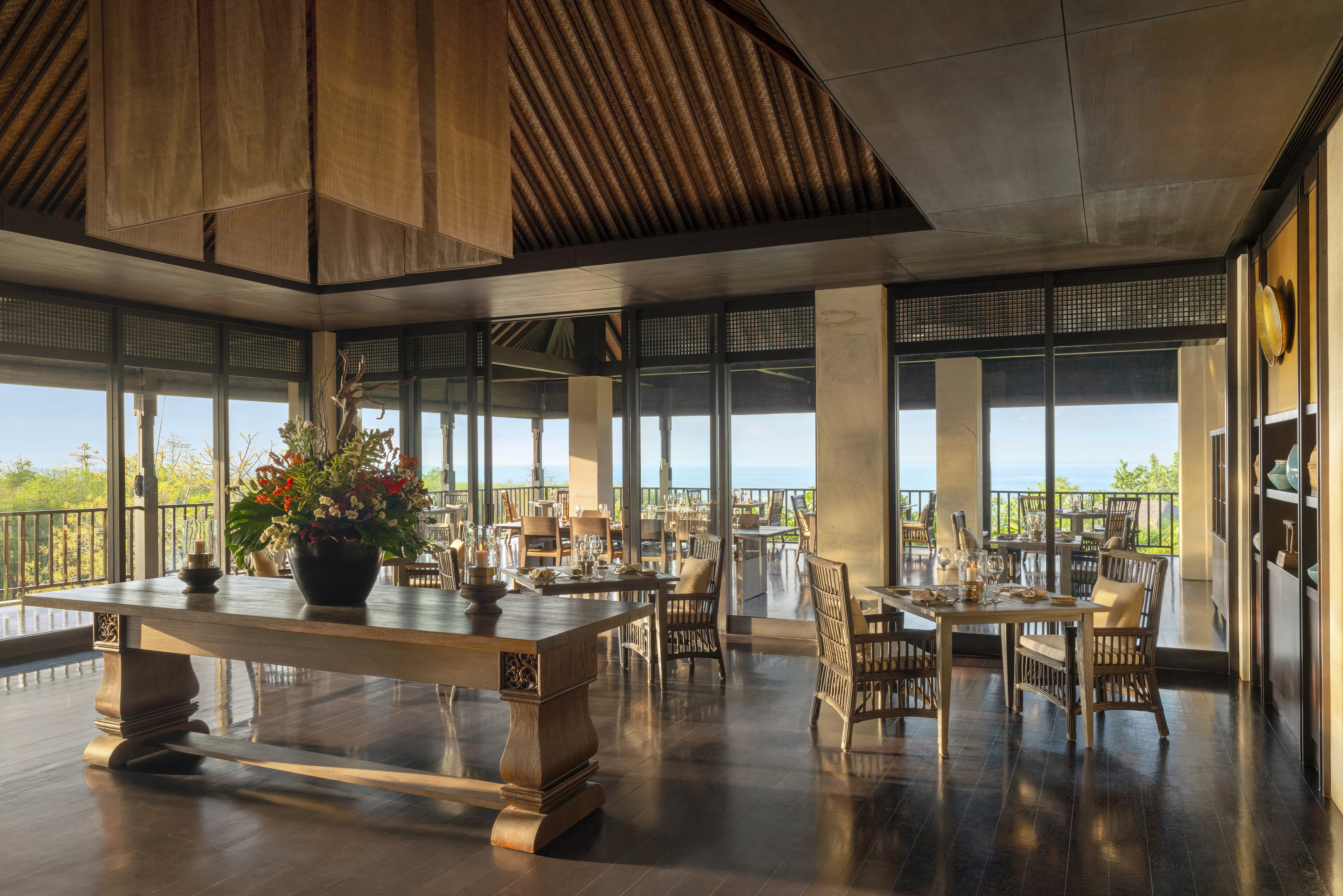
The restaurant prides itself on its 80/20 principle, which translates to 80 percent of the ingredients used being sourced from within the Indonesian archipelago and the remaining 20 percent being imported (such as its wine collection with over 250 labels). With both chefs for this event being based in Indonesia, this was definitely an advantage for them in this collaboration.
Also see: Michelin-starred chef Junichi Yoshida launches Tingara at Intercontinental Danang
The amuse-bouche made for a great indicator of where the collaboration was headed, in particular the beignets (filled with either pork or corn for the vegetarian menu I went with). The deep fried French pastry was served with a sambal aioli, reflecting Biesuz’s French heritage and the spicy cuisine of his current homebase and his collaborator for this round.
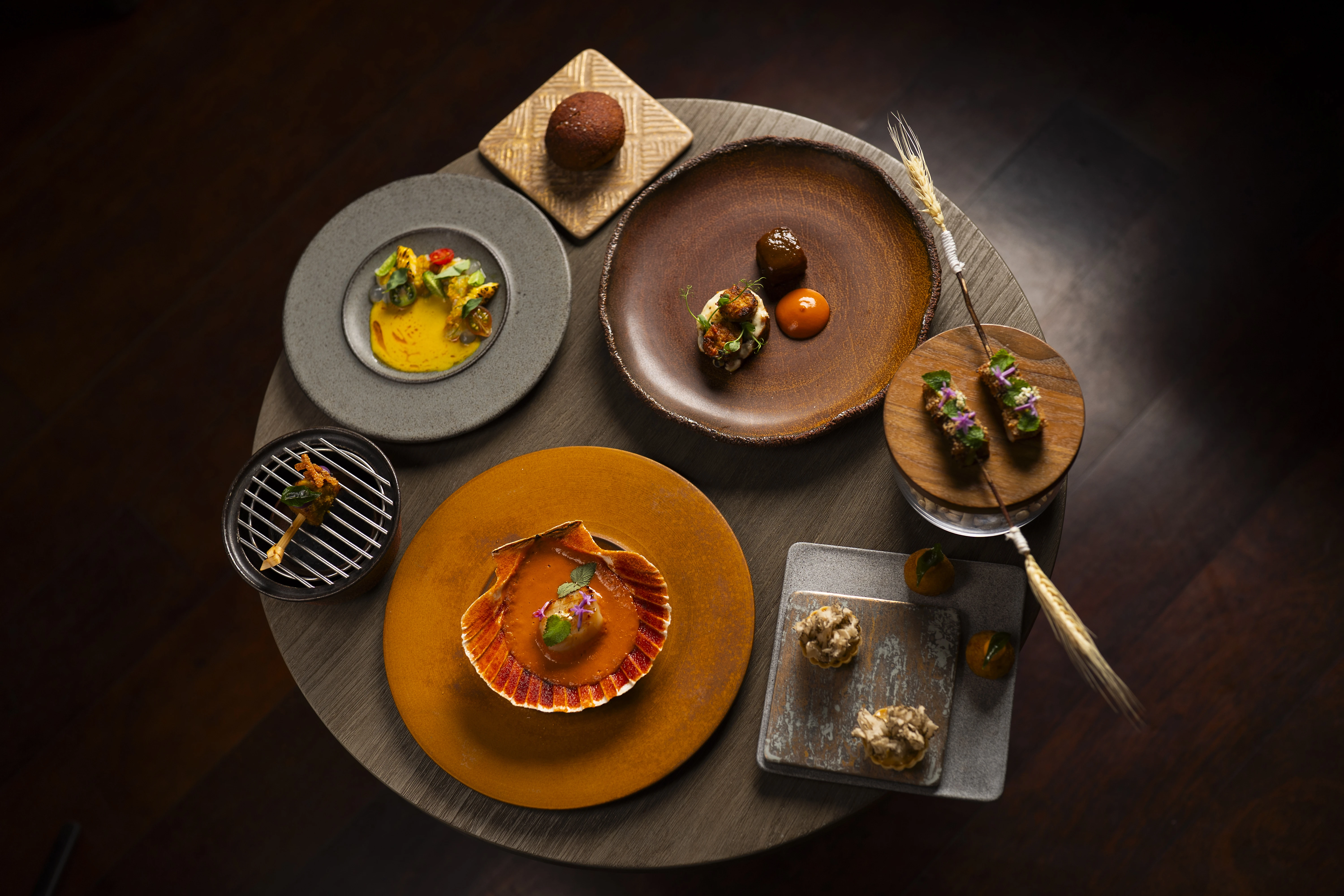
The bread at Rumari is a highlight at every meal and it was exceptional (as always) for this dinner. We were served a seaweed brioche with a side of lemon butter sprinkled with rosella salt. The fluffy and warm brioche’s umami flavour melded perfectly with the zesty notes and bright creaminess of the spread.
Next up was gado-gado, one of Indonesia’s five national dishes. Unlike the salad-like servings we typically get, the vegetables are neatly packed into a cake-like structure before being dowsed with the hallmark peanut sauce. It really was as much a feast for the eyes as it was for the tastebuds, winning in presentation, taste and texture.
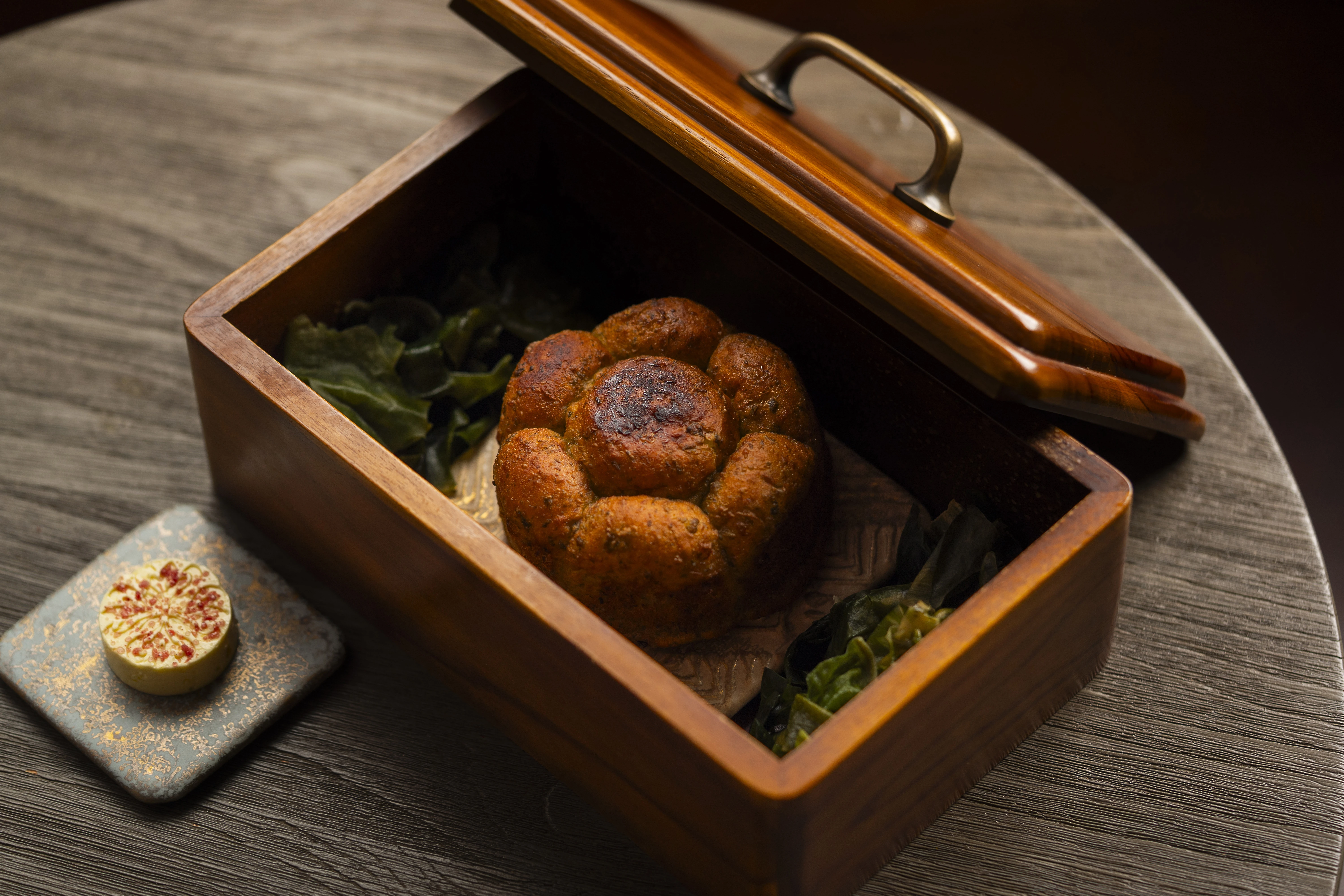
A highlight of the meal was a dish of pan seared pumpkin (braised meat for others) served with a spicy chocolate sauce and a laksa leaf sauce. The sauces were intriguing, with the chocolate being a rich dip with a spicy undertone and the laksa leaf sauce providing an aromatic and tangy alternative. The dish was served with a side of heritage rice wrapped in lotus leaf, reminding me of the Cantonese classic lo mai gai (sticky rice chicken). The rice provided the pillowy bites of carbs we needed to mop up the sauces. Needless to say, not a drop was wasted.
Just as Rumari references both the sun and moon, Muskita made sure to prepare a dessert that was an interesting combination of hot and cold, which made me recall the yin-yang approach taken by other chefs. His take on angsle, a traditional Indonesian dessert soup, came in solid form with a sticky rice espuma that harkens back to traditional flavours despite its contemporary reinterpretation.
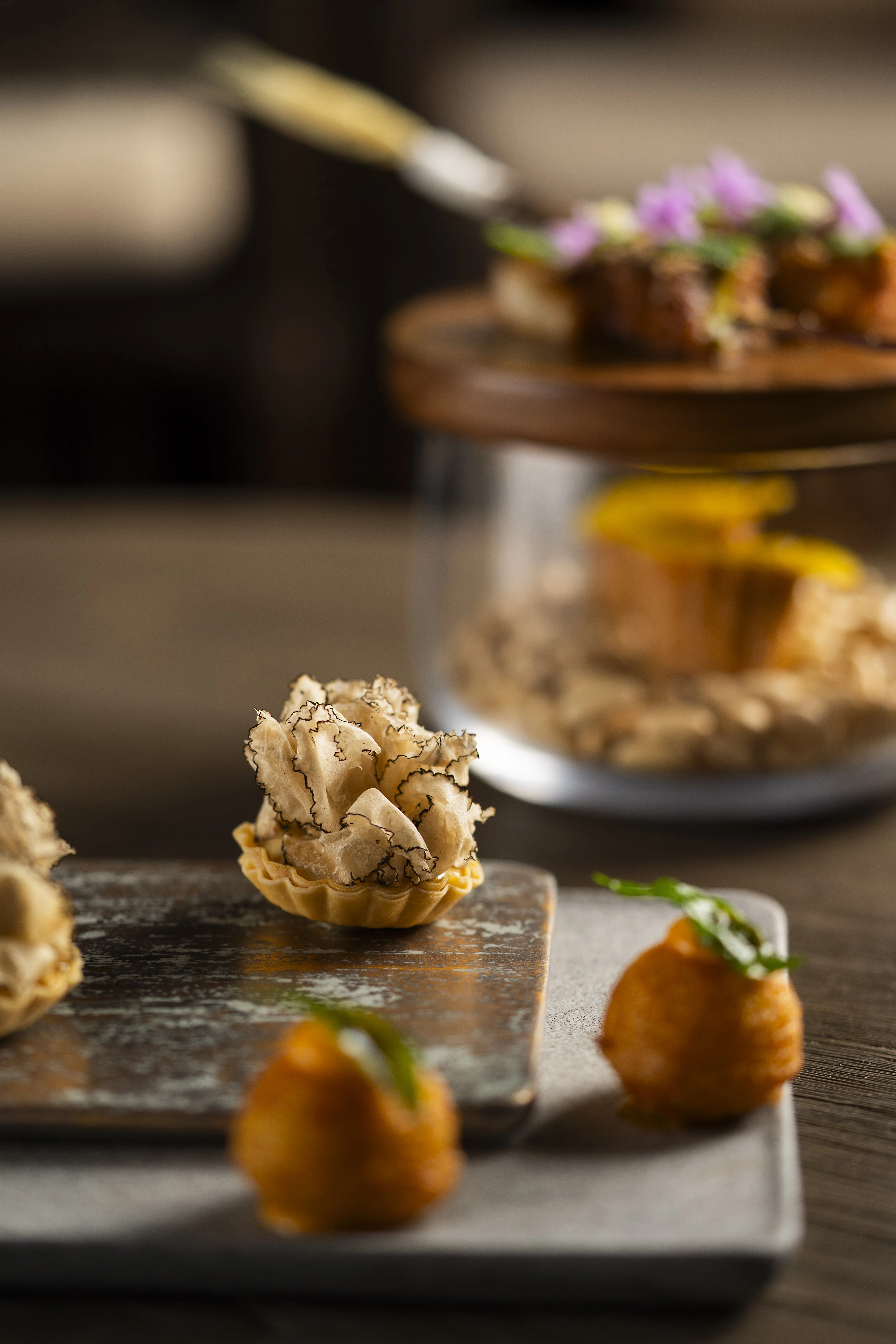
Biesuz’s dessert contribution, a creamy cashew leaf foam filled with rosella sorbet with a crispy roselle shell top, served on a bed of chocolate crumble and rosella coulis. The sweet treat was balanced by the tartness of the rosella, which acted like a palette cleanser of sorts. Then to ensure that the meal really ended on a sweet note, we were served four types of petit four from both participating chefs.
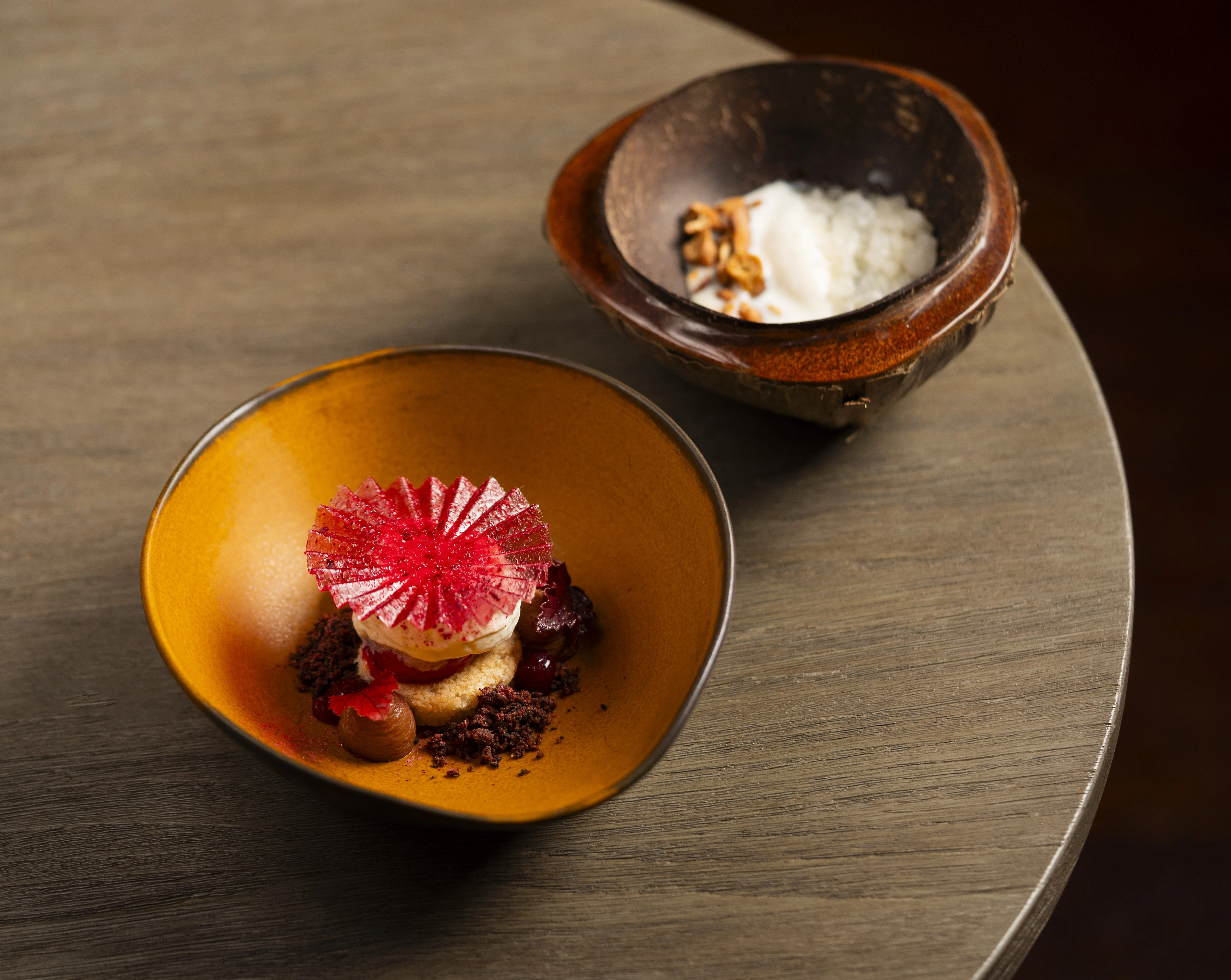
While previous editions of the Rumari and Friends event had engaged collaborators from further abroad, this round reminded me that Indonesia has a wealth of culinary talent and gastronomic delights within its borders. And when friendship meets an exchange of innovation, we are rewarded with the ultimate luxury – an amazing meal that leaves you sated yet wanting more.
If you’d like to experience the magic of this collaboration, there’s still a chance as part two of the exchange will take place on September 5 and 6, when Biesuz visits Muskita at his restaurant Esa. This one-of-a-kind dining experience is one worth travelling for, whether it’s in Bali or Jakarta.
Also see: The Nyepi experience at Ayana Bali






